VR news of the week: ALL the new games, Unity devpocalypse, and endless Quest 3 leaks
VR weekly news recap September 15, 2023: Unity screws over indie developers, Apple doubles down on the Vision Pro, and the Meta Quest 3 is looking better than ever.
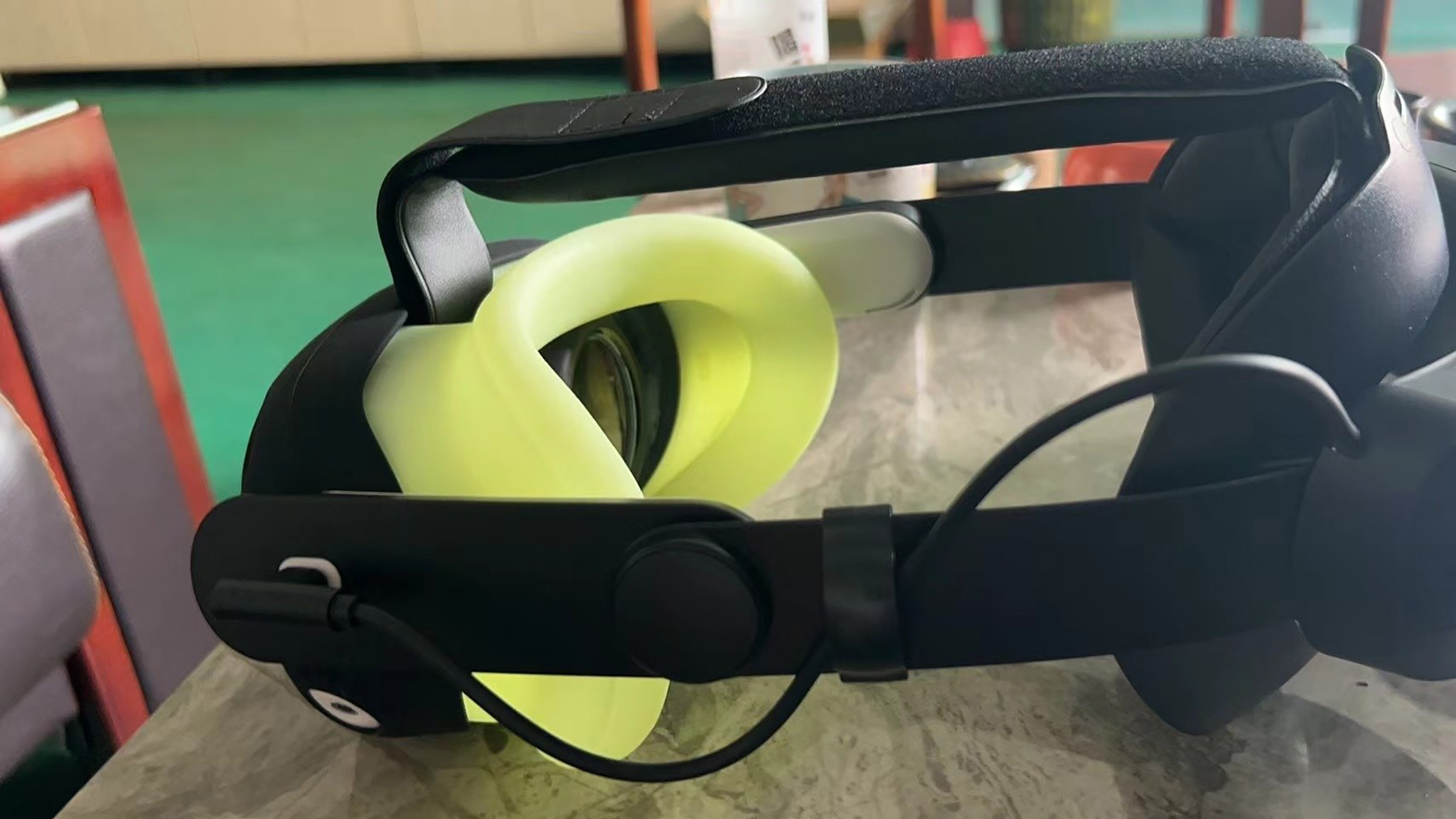

As part of a weekly series, Android Central Senior Editors Michael Hicks and Nick Sutrich are rounding up all of the news on hardware, game announcements, leaks, and cool updates related to the Meta Quest 3, Oculus Quest 2, and other VR headsets.
We’re just under two weeks away from the biggest VR event of the year, Meta Connect 2023. That’s where we’re getting the full reveal of the Meta Quest 3 and all the accompanying games and features Meta plans to launch alongside the headset over the next year.
But, until then, we’re still following plenty of Meta Quest 3 leaks, some pretty incredible news about apps on Apple Vision Pro headsets, and even some major controversy with the Unity engine that powers most VR games.
Plus, we’re still seeing a ton of new game releases for the Quest 2 and PlayStation VR2 as developers try to get their foot in the door just before the Quest 3’s release. Here’s everything you need to know about the world of VR for the week ending September 16, 2023.
So many leaks
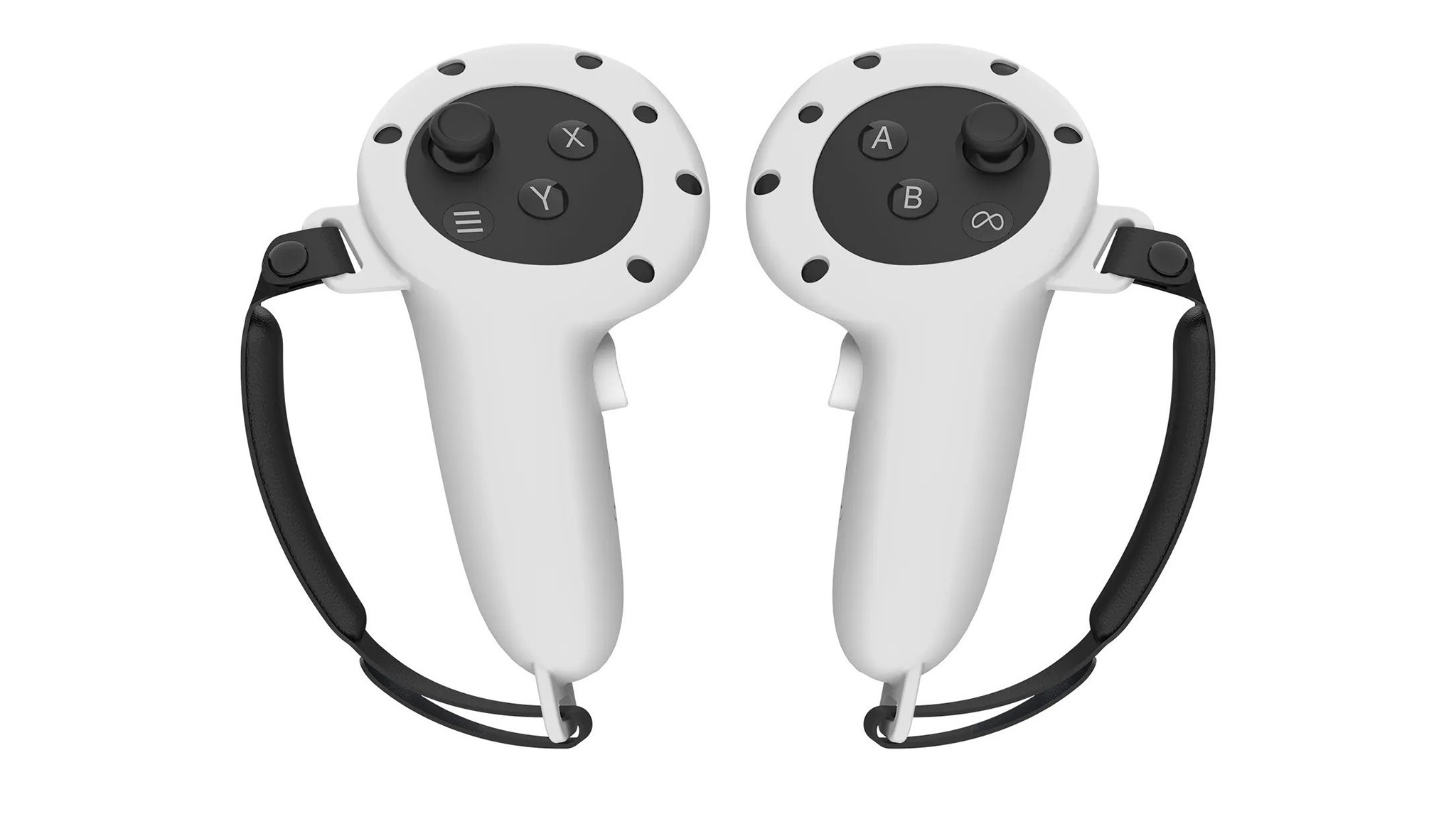
As is the case with most major electronics these days, the Quest 3 details can’t stop leaking out before Meta’s official announcements. Of course, the Quest 3 was already announced back in early Summer but we’re still waiting on plenty of official details for things like weight, device performance, and other categories.
This week, we got a good look at the likely weight of the headset from a leaker who has been developing accessories for the Quest 3. This is one of the many details we’ve learned from “VR Panda” and it shows that, while Meta was able to substantially slim down the size of the Quest 3, it wasn’t able to reduce the weight much.
If 392 grams is correct, that means the Meta Quest 3 is a whopping 111 grams lighter than the Oculus Quest 2. That could explain why Meta stuck with a cloth strap this time around.
The Quest 3 could be as much as 111 grams lighter than the Quest 2, marking the biggest drop in weight we've seen in a single generation.
VR Panda also revealed a redesigned face pad that ships with the Quest 3. It certainly looks a whole lot more comfortable than the scratchy foam that originally shipped with the Quest 2 back in 2020 and it looks to even have proper ventilation this time. Take that, foggy lenses!
Be an expert in 5 minutes
Get the latest news from Android Central, your trusted companion in the world of Android
Lastly, we got a look at a bunch of 3rd-party accessories from VR Panda and a handful of other folks that provide even more details about the Quest 3. Looks like 3rd party accessory companies are not only making some great-looking Quest 3 head strap alternatives but are also making silicone headset covers and face pads, as well.
Plus, these leaked controller grips above look super comfy and help reveal exactly where those tracking LEDs are located. As a reminder, the Quest 3 controllers no longer have a large tracking ring on the outside like the Quest 2 and PSVR 2 controllers do but apparently use a combination of AI and cameras to better track their position.
Unity drops the bomb on indies

While most people probably have no idea what engine powers their favorite games, developers by and large have found that Unity is the best way to develop VR games. That is until this week when the company announced new fees for developers of any type of game and it’s causing quite the uproar in the developer community.
Long story short, many developers are looking at tens of thousands of dollars in increased monthly fees to keep using the Unity engines on their games, cutting deep into efforts to make a living these days. That’s particularly a problem for indie developers who might have finally hit it big on a single release as games with more installs will cost developers more money per install as sales increase.
If that’s not an incentive to continue to develop mediocre, poor-selling games, I’m not sure what is.
Roblox isn't a replacement for the Unity engine by any means, but the company's developer-friendly attitude could convert some indie studios.
Counter to that, Roblox just had its annual developer conference and gave away Meta Quest Pro headsets to any Roblox developers who were interested in receiving one to help develop VR content for the incredibly popular social don’t-call-it-a-metaverse platform.
Unlike Unity, Roblox doesn’t charge developers when gamers play a game built on the Roblox platform. Instead, developers are encouraged to monetize their games with in-game Robux, the platform’s digital currency that can be spent on quite literally anything a developer wants.
That might be less user-friendly since some Roblox games are certainly pay-to-win schemes but it’s absolutely more developer-friendly than what Unity is doing right now.
Apple doubles down on Vision Pro
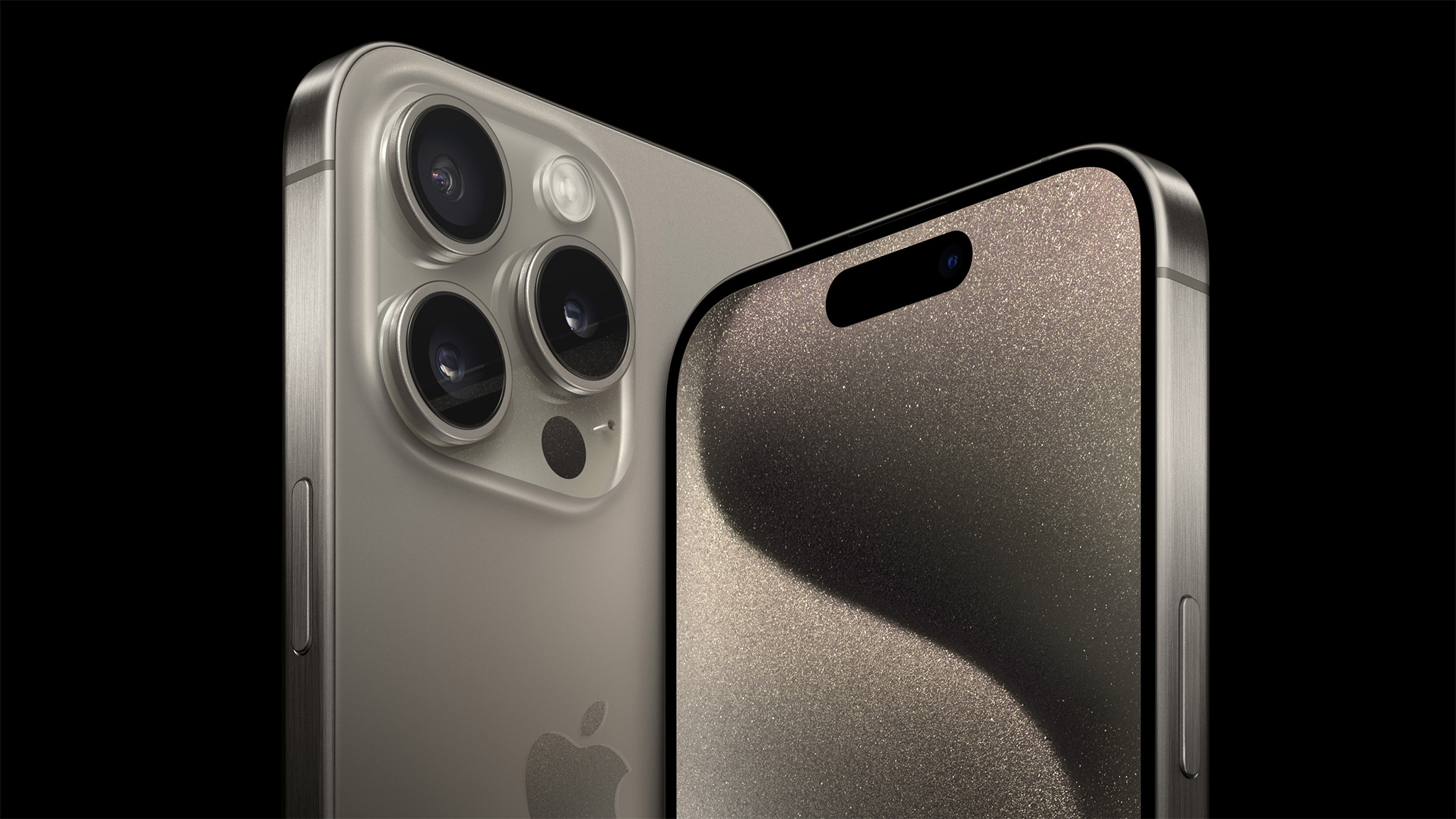
The release of the iPhone 15 marks a hallmark feature to launch for the first time on iPhones: 3D video capture. iPhone 15 Pro models can now be used to capture 3D video which can then be played back in a special way on Apple Vision Pro headsets, allowing folks to “relive” a moment in a more exciting way than just watching a flat video on a phone screen.
We haven’t seen 3D video recording on phones since the early days of Android and it’s pretty exciting to see this kind of feature make a resurgence in this big of a way. No doubt, we should see some Android phones pick up the feature again now that Apple decided it was cool.
At least, I sure hope we do. More metadata in photos and videos is always good because it means they can be better edited after capture which is great for everyone regardless if you’re going to view them in VR.
Plus, Apple stealth-announced that nearly all iPhone and iPad apps will work on Apple Vision Pro without developers having to do anything. That’s possible because Apple controls the entire app ecosystem from top to bottom, allowing the company to build iOS framework right into Vision Pro’s xrOS
So many new games
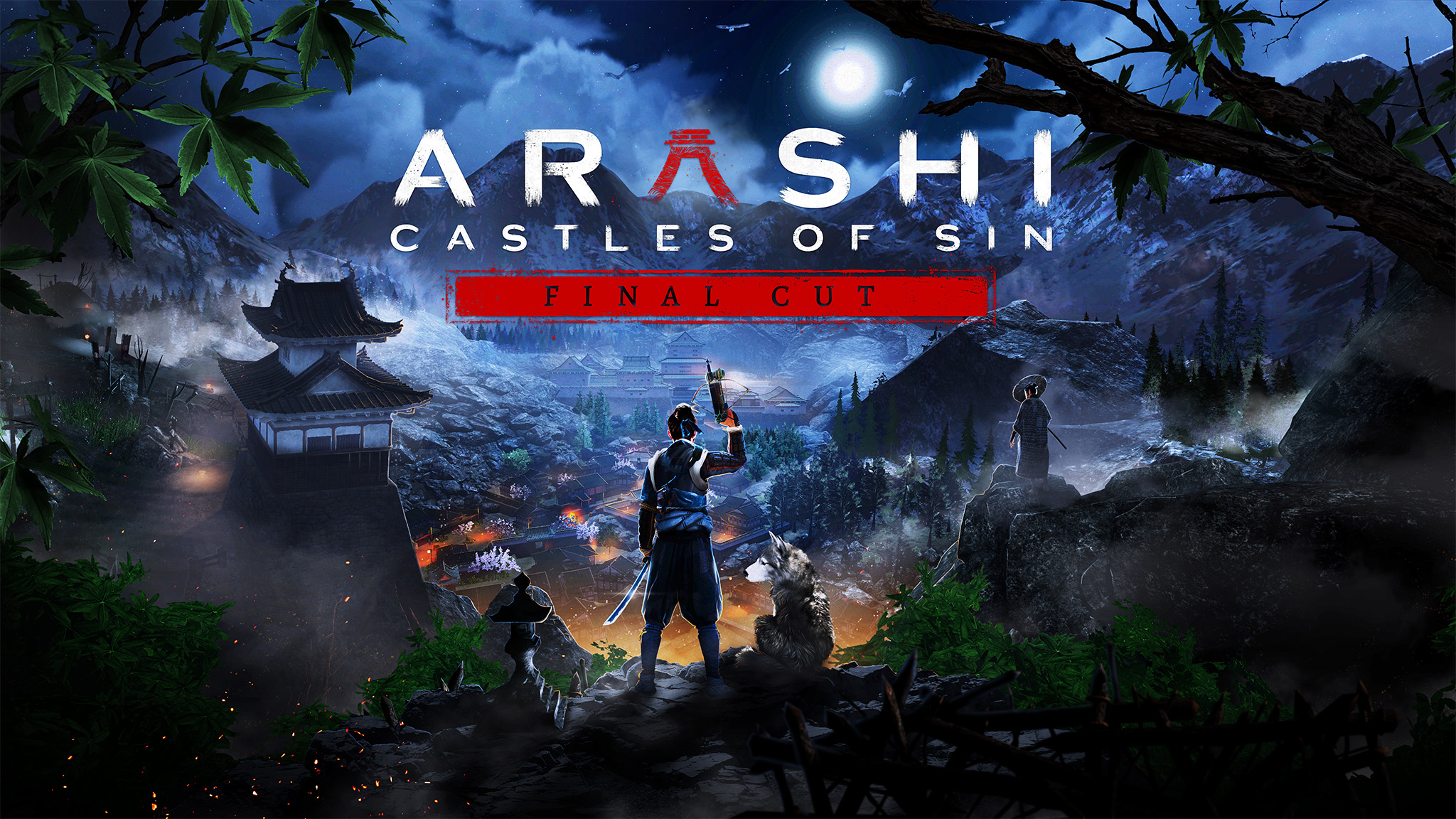
I love to end our weekly VR news recap with what you should be looking forward to in the future. This week was abnormally busy with game announcements, trailers, and even updates, but it's likely because the Quest 3 is so close to being fully revealed.
Many of these games to be available right after the Quest 3 launches. Plus, you should definitely expect many (or all) of them to be Quest 3-enhanced with better graphics and maybe even some mixed reality experiences.
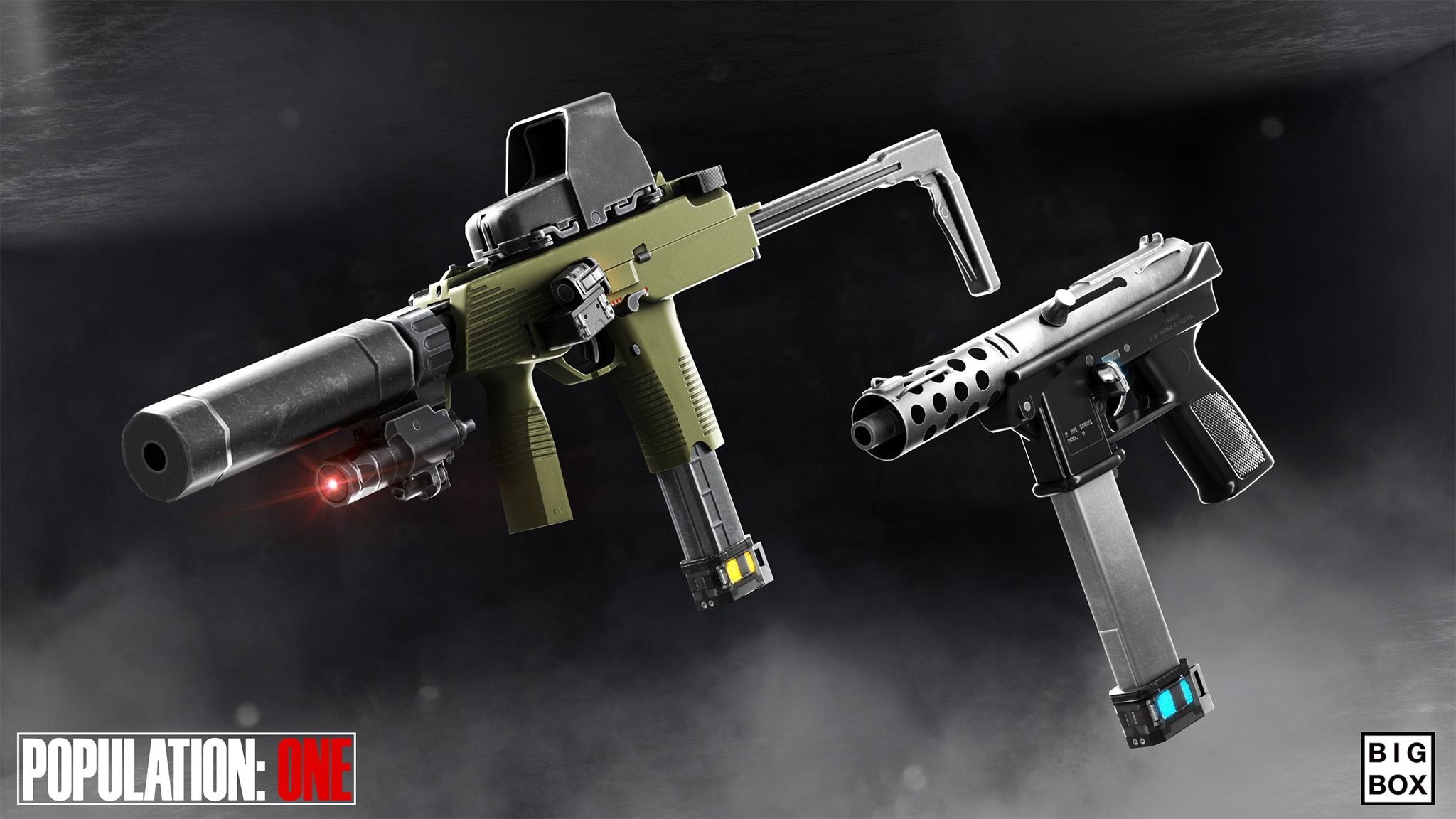
Population: One is regularly updated with bug fixes, mode changes, and other features from time to time. This week, developer BigBox VR dropped two new highly-anticipated weapons for VR's best battle royale, both of which promise to change up the game for newbies and veterans, alike.
The Silenced MP9 is a lightweight SMG with a laser pointer that's designed for accuracy and mobility. This one's a well-rounded weapon for all skill levels, so everyone can grab one and give it a shot (pun intended).
Meanwhile, the Tec-9 is a powerful machine pistol with some serious recoil. Because of this, it's recommended only for seasoned players that have a handle on the gun mechanics and can handle that recoil with the reward of delivering maximum damage very quickly.
As we get closer to the most anticipated VR game of the year — That's Asgard's Wrath 2, if you were wondering — developer Sanzaru Games has been slow-trickling more information about the game to get players pumped up for what's about to come.
As we covered in our Asgard's Wrath 2 interview, the game features a roguelike game-within-a-game that's just as deep and detailed as we've seen from some of the best Quest games to date. That roguelike, known as the Uncharted Rifts, delivers daily rewards and competitive opportunities, plus one very Dark Souls-esque feature.
Originally a PlayStation VR-exclusive title, Arashi: Castles of Sin is coming to the Meta Quest platform and looks absolutely glorious, to say the least. The setting really couldn't be more exciting and feels like it goes perfectly hand-in-hand with Assassin's Creed VR which also launches later this year on the Meta Quest platform.
In a nutshell, this is a feudal Japan-themed title where you'll play as ninja tasked with carrying out assassination missions on feudal lords. It very well may be the ancient Japan-themed stealth VR game we've always wanted!
It's hard to get enough co-op VR games, especially when they look as well-polished as Ghostbusters: Rise of the Ghost Lord. This 4-player experience sees players moving through levels, sucking up ghosts in their Proton Packs to protect the city they love.
Plus, like the movies, this one looks to be full of great one-liners and hilarious dialog, both of which should further help deliver a convincing virtual version of an 80s favorite.
It feels like it's been ages, but Stride Fates is finally coming out this November. Originally designed as a DLC to Stride, Stride Fates is now a full-fledged sequel to the Mirrors Edge-inspired VR title that sees players parkouring their way to victory as a spec-ops officer.
If you haven't already played Strides, you might want to jump into the game and get a feel for the fast-paced action. It's seriously an incredible feeling to jump from building to building and pull some Matrix-level stunts from the safety of your own living room.
NFL is back and better than ever in NFL PRO ERA II, the 2024 release for what looks to be an annual sports gaming series. This one isn't just boring old roster updates, though. It adds head-to-head multiplayer modes, serious improvements to the career experience, and some seriously great graphics to boot.
Plus, it's less than half the price of Madden and far more immersive.
Mannequin marks the first multiplayer title from Fast Travel Games, veteran VR developer of titles like Vampire: The Masquerade VR and several others. This one's a fun concept where some players will take the role of a shape-shifting alien while the rest of the human-controlled players tries to ruthlessly hunt them down.
In fact, it reminds me a lot of Inverse, one of the latest Quest 2 games you've got to play. Asynchronous multiplayer, as these types of games are called, works particularly well in VR because of the physical mechanic differences between characters.

